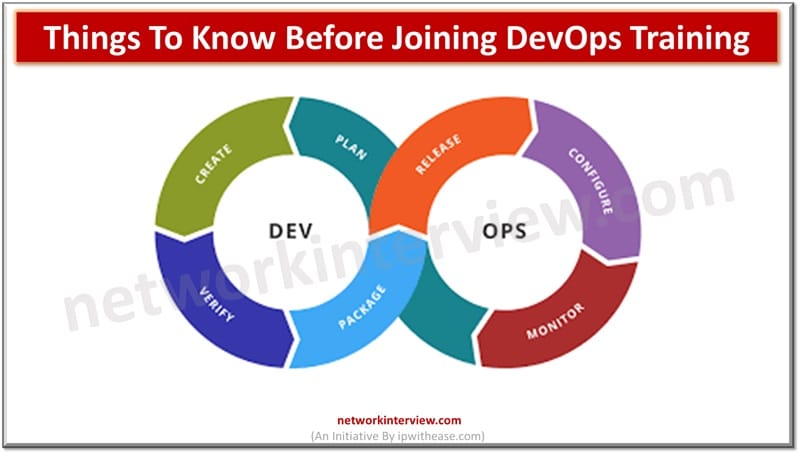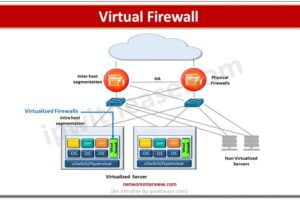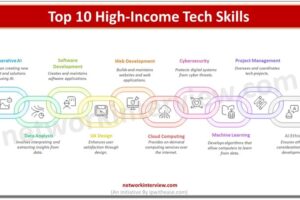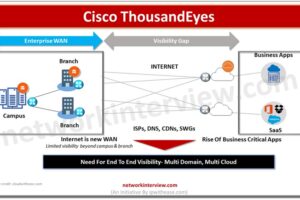
8 Key Things To Know Before Joining DevOps Training Program
As companies seek to optimize their processes for development and operations, there is a consistent and growing demand for DevOps professionals. DevOps is both a mindset and a set of tools that facilitates interaction between the development and IT operations departments. This makes it practical to develop and deploy software at a much faster rate, which is paramount for any business in the present day where most activities are done online.
DevOps Training: Things to Consider
Here are some essential things to consider before taking a DevOps Training course.
1. Know The Essentials Of DevOps
There is a need to comprehend elementary ideas of DevOps before joining any DevOps training. To summarize, DevOps means development Dev and operation Ops integration by the introduction of practices such as continuous integration, continuous delivery, infrastructure as code, and testing automation. The main goal of DevOps is to promote teamwork among different teams in an organization, reduce the time to deliver a product to the market and improve the reliability of the system. Worthless if yes you train without it, being new gaining basic knowledge will go a long way in helping you through the dilemmas of the training.
Related: Devops vs Sysops: Understand the difference
2. Evaluation Of What You Can Do
DevOps calls for different abilities ranging from software coding to systems management to working with tools in daily use. Before starting a DevOps Training program, assess your unique skills. Of course, as a developer, you will also need some understanding of infrastructure management IT automation and cloud technologies. What’s more, if your background is in operations then you will have to learn programming, automation techniques, and CI/CD processes.
3. Research To Find The Right Course For You
Not every DevOps training course is the same, and this is the reason for the availability of various types of courses. Some of the courses are practical and focus on the DevOps tools while others focus more on the culture and related processes. While selecting a program, ensure it incorporates all the important aspects such as cloud computing, version control systems, CI/CD, containerization, infrastructure as code, and other automation activities.
4. DevOps Is More Than Just Tools
Yes, the tools are important in DevOps, however, it goes beyond the tools. It is a methodology that seeks to bring efficiency and encourage collaboration among different teams. Though sophisticated technologies are offered, they can only be of value if there is a seamless interaction among the different teams. DevOps cuts across technology; it is a cultural change as much as it is the concern of building bridges in the development of a project and communication of the development, operations and QA departments.
Related: Cloud Architect vs DevOps Engineer
5. Look For Hands-On Learning Opportunities
DevOps is a doing skill and doing is the most effective way to learn it. Many pieces of training on the internet contain such theoretical information, yet experience outshines learning in DevOps. Search for such programs that offer lab setups, dissertations, and recreations of the real world. Working with original DevOps practice and instruments is worth a great deal.
6. Understand The Role Of Cloud Computing
Cloud Computing is also a key component of DevOps. Since DevOps solutions are implemented in most cases in a cloud model, knowledge of cloud platforms is also important. Such patterns allow teams to easily provision resources elastically, which supports automation and continuous delivery capabilities.
7. Certifications Can Add Value But Aren’t A Must
Although including a certification in your resume can give it some weight, every DevOps job does not require one to have a certification. Certification for the sake of it is not usually preferred as practical knowledge is more appreciated by employers. Nonetheless, they will give you an edge among your competitors more so if you are starting in the respective field. They also show that you are willing to grow and not stagnate with the rest of the people in the industry. In addition, some certifications will prepare you for a particular role or area of focus in DevOps.
8. Prepare Yourself For The Long Journey Of Continuous Learning
DevOps is a field that is constantly changing. It becomes very difficult to keep up with all of them as there are new tools, practices, and methodologies being introduced into the DevOps realm every so often. The learning does not cease once you undergo the set curriculum. DevOps practitioners should also be able to learn new skills throughout their careers to fit in. This could include going to workshops and even classes or reading materials and engaging with other members in the field through the Internet. This type of attitude allows an individual to cope with the pace of technological advancement.
Conclusion
A DevOps course may turn out to be a good career boost, but proper preparations should be made before enrolling for such a course. DevOps is not only about the tools that you can learn to use. It also incorporates a mindset whereby there is teamwork, processes are streamlined and made efficient such that the software is delivered to the clients in the shortest possible time and most reliably. This means that you will have to search for the appropriate training program, expand your existing knowledge and be ready to practice and apply what you have studied.



